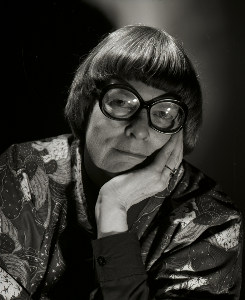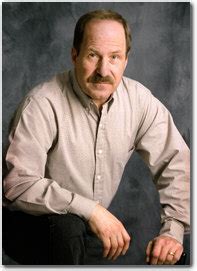A Quote by Graham Greene
The subject of a novel is not the plot. Who remembers what happened to Lucien de Rebempre in the end?
Related Quotes
Paris answered for him. "Last time he spread the flashing love, Reyes threw up all over his shirt. I never laughed so hard in my life. Lucien, though, has no sense of humor and vowed never to take us again." "I'm surprised you didn't mention the part where you fainted," Lucien said wryly. Strider chortled. "Oh, man. You fainted? What a baby!" "Hey," Paris said, frowning at Lucien. "I told you I hit my head midflash." Lucien
I don't revise a lot when writing short stories. As far as the novel, I definitely thought more about plot. Honestly, I'm still pretty confused about what "plot" means. I've been reading some of my Goodreads reviews and one reader noted that the The Last Days of California "reads like a short story stretched to the breaking point, padded and brought into novel range..." I don't know what people want, really.
I always write a draft version of the novel in which I try to develop, not the story, not the plot, but the possibilities of the plot. I write without thinking much, trying to overcome all kinds of self-criticism, without stopping, without giving any consideration to the style or structure of the novel, only putting down on paper everything that can be used as raw material, very crude material for later development in the story.
But to be perfectly frank, this childish idea that the author of a novel has some special insight into the characters in the novel ... it's ridiculous. That novel was composed of scratches on a page, dear. The characters inhabiting it have no life outside of those scratches. What happened to them? They all ceased to exist the moment the novel ended.
Introduce your main characters and themes in the first third of your novel. If you are writing a plot-driven genre novel make sure all your major themes/plot elements are introduced in the first third, which you can call the introduction. Develop your themes and characters in your second third, the development. Resolve your themes, mysteries and so on in the final third, the resolution.







































